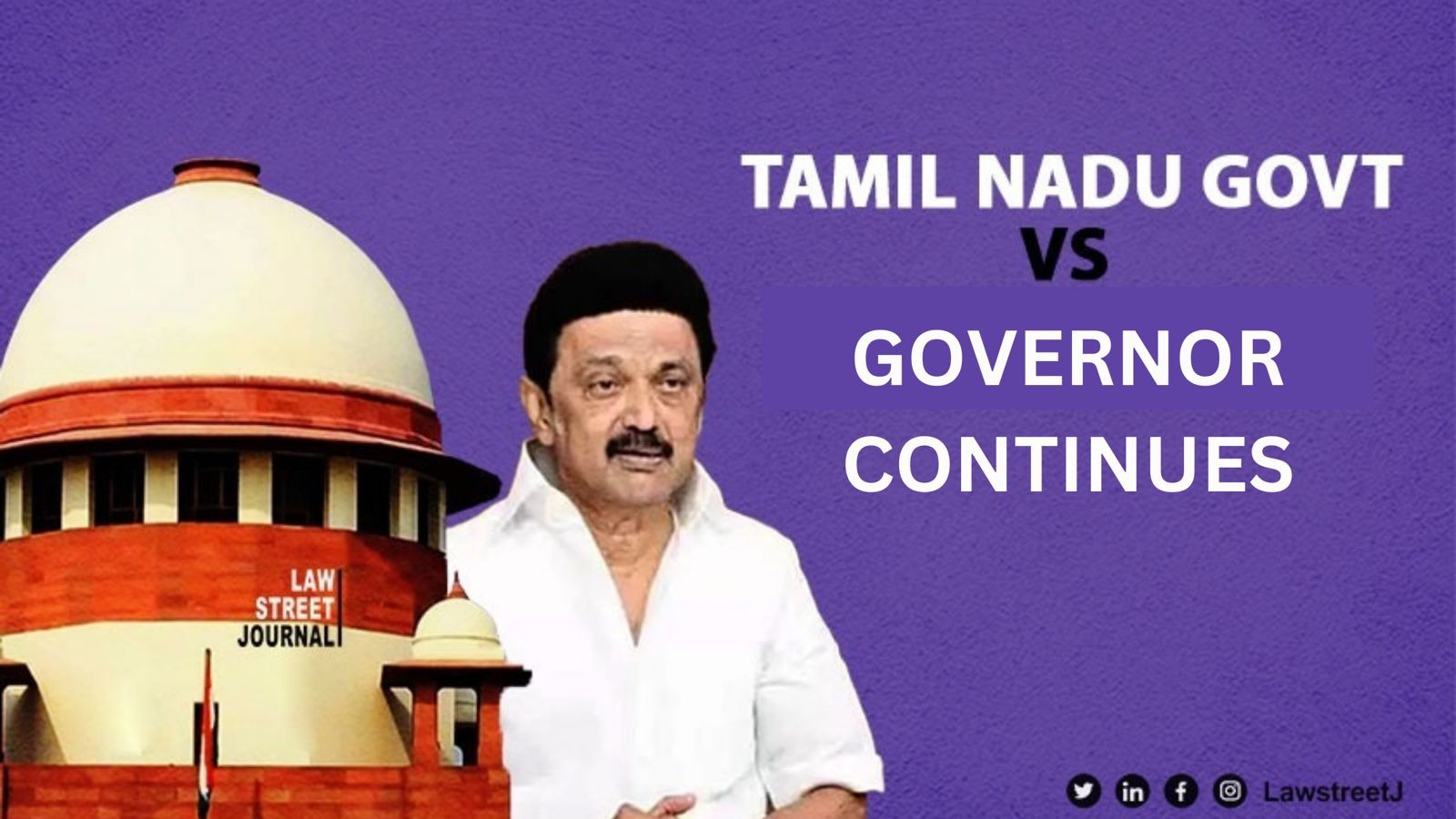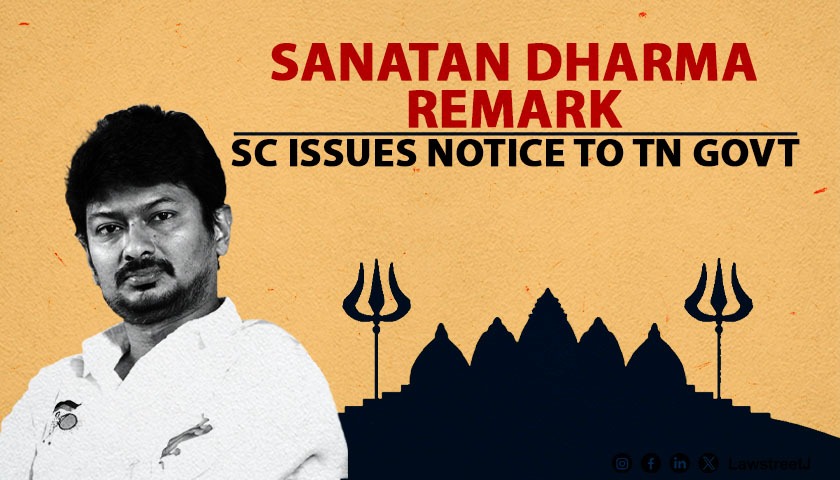NEW DELHI: The Tamil Nadu government has approached the Supreme Court, accusing Governor R N Ravi of delay in assenting bills passed by the state legislature, bringing the entire administration to a grinding halt.
The plea through Chief Secretary claimed that the Governor has positioned himself as a political rival to the legitimately elected government.
The writ petition sought a direction that the "inaction, omission, delay and failure" to comply with the constitutional mandate by the Governor to grant assent to the Bills passed and forwarded by the Tamil Nadu State Legislature and the non-consideration of files, government orders and policies forwarded by the state government for his signature is "unconstitutional, illegal, arbitrary, unreasonable besides malafide exercise of power".
The states plea also contended that the Governor by not signing remission orders, day to day files, appointment orders, approving recruitment orders, granting approval to prosecute ministers, MLAs involved in corruption including transfer of investigation to CBI by Supreme Court, bills passed by Tamil Nadu legislative assembly is bringing the entire administration to a grinding halt and creating adversarial attitude by not cooperating with the state administration.
The plea said the Governor has positioned himself as a political rival to the legitimately elected government by hindering and obstructing the legislative assembly's ability to carry out its legislative duties by unjustly and excessively delaying the consideration of bills that the assembly has passed.
The state government said the Governors inactions have caused a constitutional deadlock between the constitutional head of the state and the elected government of the state, and that by not acting upon their constitutional functions, the Governor is toying away with the citizens mandate.
The Tamil Nadu government also sought direction from the Supreme Court to stipulate the outer time limit for the governor to consider Bills passed by the Legislature sent for his assent under Article 200 of the Constitution.
The state also sought directions for disposal of all the bills, files and government orders which are pending with the governor's office within a specified timeframe.
The state claimed that the governor has failed to accord sanction for prosecution and investigation regarding various crimes of corruption involving moral turpitude of public servants and issues pertaining to the premature release of prisoners.
By denying sanction when the investigative authorities have found prima facie evidence of corruption and have asked for permission to prosecute, the first respondent is engaging in politically motivated conduct, said the plea.
According to Article 200, when a Bill passed by the legislature of a state is presented to the governor, he has four options: (a) he assents to the Bill; (b) he withholds assent; (c) he reserves the Bill for the consideration of the President; or (d) he returns the Bill to the legislature for reconsideration.
"The Governor is not exercising the option among the four choices conferred upon him in the constitutional scheme but is abusing the position of
ceremonial head by exercising a fifth option i.e. sitting on the Bills indefinitely which is not envisaged in the Constitutional scheme and thereby undermining the will of the people and detrimentally incapacitating the elected Executive and the Legislature of the State of Tamil Nadu," the plea said.
The state government gave out details 54 pending files related to premature release of convicts, four files related to sanction for prosecution and 12 Bills, including the one pending since January 9, 2020.







![Anti Corruption sleuths acted like "puppets in The Muppet Show", HC notice to ex TN CM in disproportionate assets case [Read Order]](/secure/uploads/2023/09/lj_8675_7b37fc02-1b2d-4f4a-9816-3df20545b37e.jpg)

![Supreme Court upholds Tamil Nadu's ban on reinforced paper cups [Read Judgment]](/secure/uploads/2023/10/lj_5974_Ban_on_use_of_reinforced_paper_cups.jpg)






